Interview with Prof. Evert Gummesson

Interviewer: María J. Quero
Evert Gummesson (PhD, Dr.h.c.) is an Emeritus Professor of Marketing and Management at the Stockholm Business School, Stockholm University, Sweden. His research interests are marketing as relationships, networks and interaction, service systems and research methodology. He has over 400 publications registered, including articles, books and book chapters. The Chartered Institute of Marketing (CIM), UK, has listed him as one of the 50 most important contributors to marketing; he has received two awards from the American Marketing Association (AMA) and was the first recipient of the Service-Dominant (S-D) Logic Award and the Grönroos Award for Excellence in Service Research. He has been a co-founder and co-chair of several international conferences, most recently the Naples Forum on Service, and he serves on several Advisory Boards for journals. He also has 25 years of experience as a business practitioner.
Q1. Tell us about how you see Service Marketing Management now and the future.
Service-Dominant (SD) logic and service science is the best theoretical opening we have. All is service. One of the most misleading and fake categorizations is into goods and services. Services are in most books still defined by being “intangible” while goods are “tangible”. This is complete nonsense. With the new approaches by Vargo and Lusch and Spohrer at IBM all becomes service: some is created by a human on spot or interaction with customers, and goods is just a ready-made service, such as a car.
This recommendation is the best I can give. Vargo is still active and very open-minded, seeing both the theoretical and practical side of what we do in marketing. Another recommendation is Hermann Simon who runs one of the world’s fastest growing consulting firms, and focuses on specific issues, currently on pricing and small and successful businesses, “hidden champions”.
Q2. How do you see research methodology today?
Quantification is claimed to have the answers, everything must be mathematically and statistically “proven”. As a child and teenager I had many periods of bad health. Then I read about alternative medicine and this has led to the following conclusion: If I do not feel well I first go to a mainstream doctor who determines what’s wrong with me according to his knowledge of what he thinks is “scientific” medicine. I usually leave the hospital with a prescription to recognized drugs. The problem is that some 80 percent of these prescriptions are only to take away symptoms like pain, but they do not _cure_ me. And I want to be cured, fully or at least partially. So after visiting an MD, I call one, two or three people who practice alternative types of medicine. Then I, nobody else, decide what to do. Some things may need the types of surgery that mainstream medicine can handle, like a broken leg. Or pneumonia, which used to kill people, can be quickly cured if you get the right type of penicillin. But in other cases I follow the advice of the alterative medicine practitioner and get well, sometimes very quickly. I recommend you to read my last book _Case Theory in Business and
Management: Reinventing Case Study Research_ (Sage, 2017). John Van Maanen, MIT, said about the book: “The case for case theory — as argued, presented and argued by Evert Gummesson — is a compelling and formidable one”.
Q3. Some advice for future research?
Some 20 years ago I was a keynote speaker at the German Marketing Association’s Annual Marketing Day in Leipzig, which was in the former Eastern Germany. Leipzig was known for its enormous exhibition area which included a huge hall for speaking that could take an audience of over 2000 people. Among my fellow keynote speakers where the CEO of Porsche and the former Foreign Minister of West Germany, Hans-Dietrich Genscher. The theme of the conference was Relationship Marketing but he was talking about the importance of personal relationships in politics, formal ones were not sufficient. Since the German conference and his speech, digitalization has opened up for almost unlimited connections between people. Now conferences are being replaced by online meetings through Skype and Zoom. I see it as a necessary effort but not only that Technology is in focus and the human touch is reduced to very little. Currently the world is in an extremely turbulent situation. Today there is even a risk for a war which includes Europe. Digitalization is taking over so much and I do not know how far it will go. Some people seem to think it will take over everything, it’s a new religion. I hope it will come to a halt. We should not live our lives through expensive computer systems. People need to meet people.
Q4. I agree. In the CBIM we are aware of the importance of relationships and aim at building them on every event. Now digital, but, hopefully, very soon, in presence. At last, please, tell us your perspectives regarding research and B2B Marketing.
B2B marketing situations are often complex and thus demanding on the data and knowledge you can generate. The company’s position in its network of relationships to customers and lots of other stakeholders – own employees, own suppliers, intermediaries, competitors, allied partners, governments, investors, the media and others – influences the actual marketing of its products and services. Furthermore, this network is continuously pulsating and on the move. All this is equally evident, even if the company is small and local. In this context, In think Wes Johnston is making a great contribution to B2B marketing by keeping it up, his engagement as editor of the Journal of Business & Industrial Marketing, his many publications and his teaching. It is now some time since I met him mainly because I am emeritus and not really active. So good luck with CBIM 2022.
